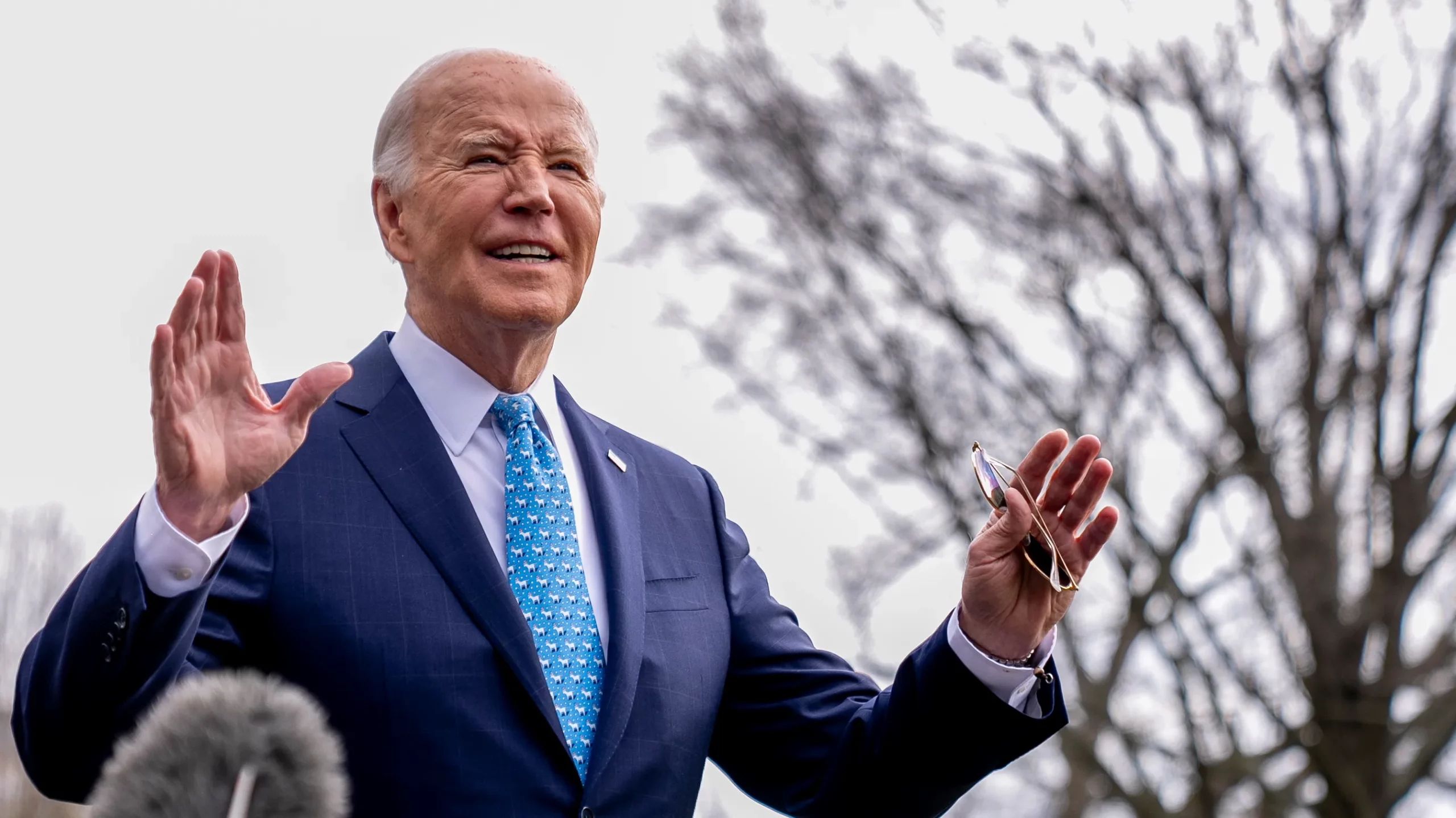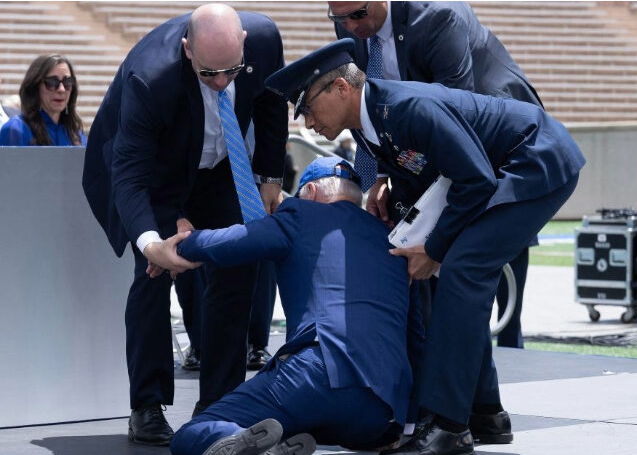Eric Thompson Show Podcast
White House Calls Biden Videos ‘Fake’, Sparking Republican Outrage
The White House has recently declared a series of videos featuring President Joe Biden to be “fake,” a statement that has ignited significant outrage among Republican lawmakers and conservative media outlets.
This controversy underscores the growing tension between the Biden administration and its critics over the authenticity and integrity of digital media in the political sphere.

White House’s Stance on Video Authenticity
The controversy began when a series of videos purportedly showing President Biden making gaffes and exhibiting signs of cognitive decline circulated widely on social media. White House Press Secretary Karine Jean-Pierre vehemently dismissed these videos as “cheap fakes” designed to mislead the public. Jean-Pierre emphasized the administration’s commitment to combating disinformation, stating, “These videos are not just misleading but are also a direct attack on the integrity of our democratic process.”
Republican Outrage
The Republican response to the White House’s assertions has been swift and fierce. Many GOP members argue that the administration’s dismissal of the videos is an attempt to deflect legitimate concerns about President Biden’s mental acuity.

Senator Ted Cruz criticized the White House’s stance, stating, “Dismissing these videos as fake without concrete evidence is irresponsible. The American people deserve transparency and truth, not cover-ups.”
CBS News labels the clip a “digitally altered video” but it’s the exact version shared by the White House – https://t.co/7YT3DKUGfI
Just stunning misinformation and gaslighting… https://t.co/3PKHqIWZv7
— Steve Krakauer (@SteveKrak) June 19, 2024
Biden freezes before Obama grabs his arm and leads him off stage. Yikes!
AWKWARD: Biden Looks Like a Zombie as Everyone Dances at Juneteenth Celebration
Task Force Against Disinformation
In response to the proliferation of these videos, the Biden campaign has reportedly established a special task force to address and mitigate the impact of what they refer to as “cheap fake” videos. According to Breitbart, this task force is tasked with monitoring social media platforms, identifying misleading content, and coordinating with tech companies to remove or flag such material. The task force’s formation signals the administration’s heightened focus on countering what it perceives as a growing threat of digital disinformation.
Concerns Over Digital Manipulation
The emergence of sophisticated video-editing technologies has made it increasingly difficult to distinguish genuine content from manipulated media. This technological advancement poses a significant challenge for public figures and political entities, as it allows for the creation of highly convincing fake videos. Experts warn that as these technologies become more accessible, the potential for their misuse in political contexts will only grow.
Political Implications
The debate over the authenticity of these videos is not just a technical issue but a highly politicized one. Republicans argue that the administration’s aggressive stance against these videos is indicative of a broader strategy to stifle dissent and control the narrative. Representative Jim Jordan commented, “This is yet another example of the Biden administration using its power to silence opposition. Instead of addressing the issues, they label anything inconvenient as fake.”
The Broader Impact
This controversy highlights a broader issue in contemporary politics: the role of digital media and the challenge of maintaining public trust in the age of information overload. As both sides of the political spectrum leverage digital tools to advance their agendas, the line between truth and manipulation becomes increasingly blurred. This situation demands a critical examination of how information is disseminated and consumed in the digital age.
Calls for Transparency
Amidst the uproar, there are growing calls for greater transparency and accountability from both the administration and social media platforms. Critics argue that the current measures to combat disinformation are insufficient and that more robust mechanisms are needed to ensure the integrity of public discourse. The Biden administration’s efforts to address this issue, while significant, are viewed by some as inadequate in the face of the rapidly evolving digital landscape.
Conclusion
The White House’s dismissal of the Biden videos as “fake” has sparked a significant political backlash, particularly among Republicans who view the move as an attempt to obscure legitimate concerns. This incident underscores the critical need for vigilance and transparency in handling digital media in political contexts. As the debate over digital disinformation continues, the challenge remains to balance the protection of public discourse with the imperative of free speech and accountability.